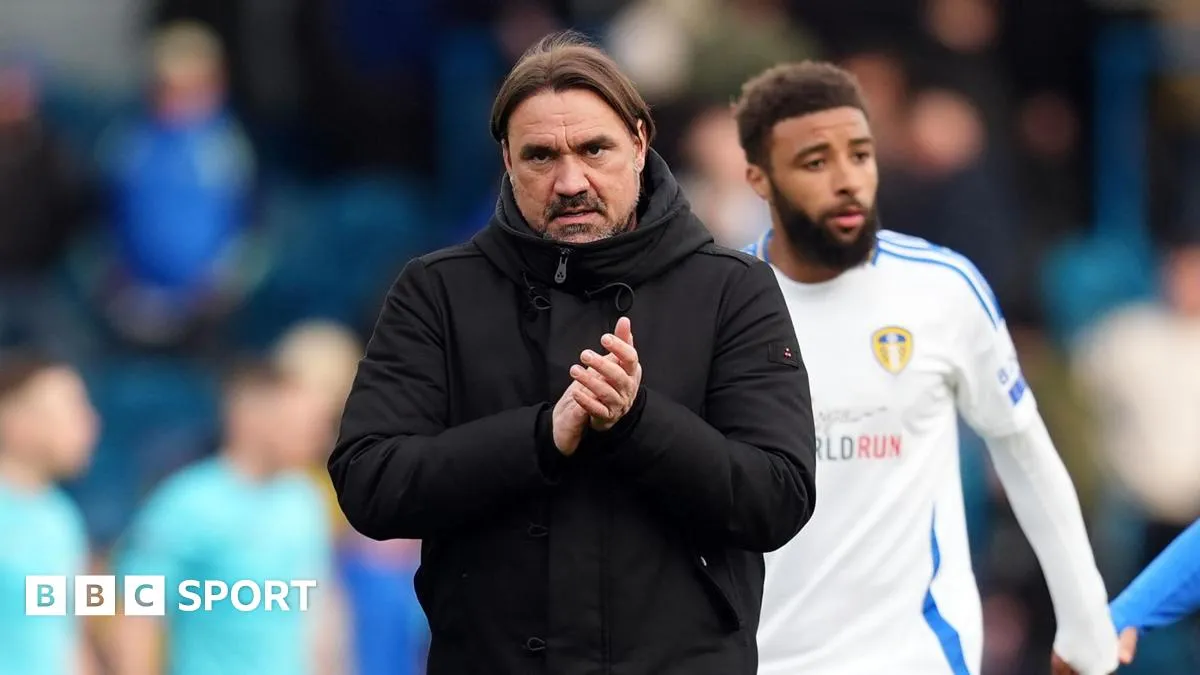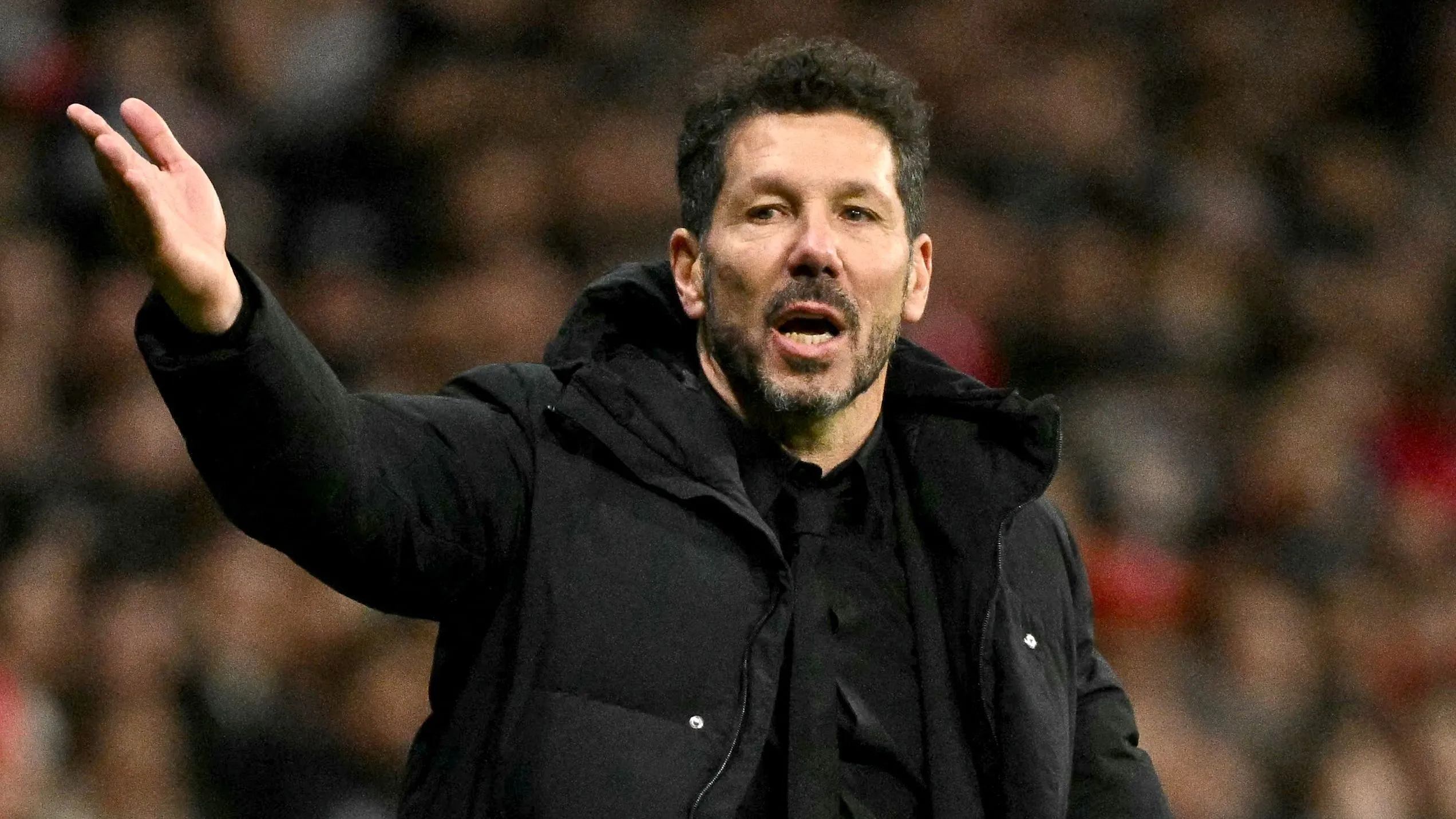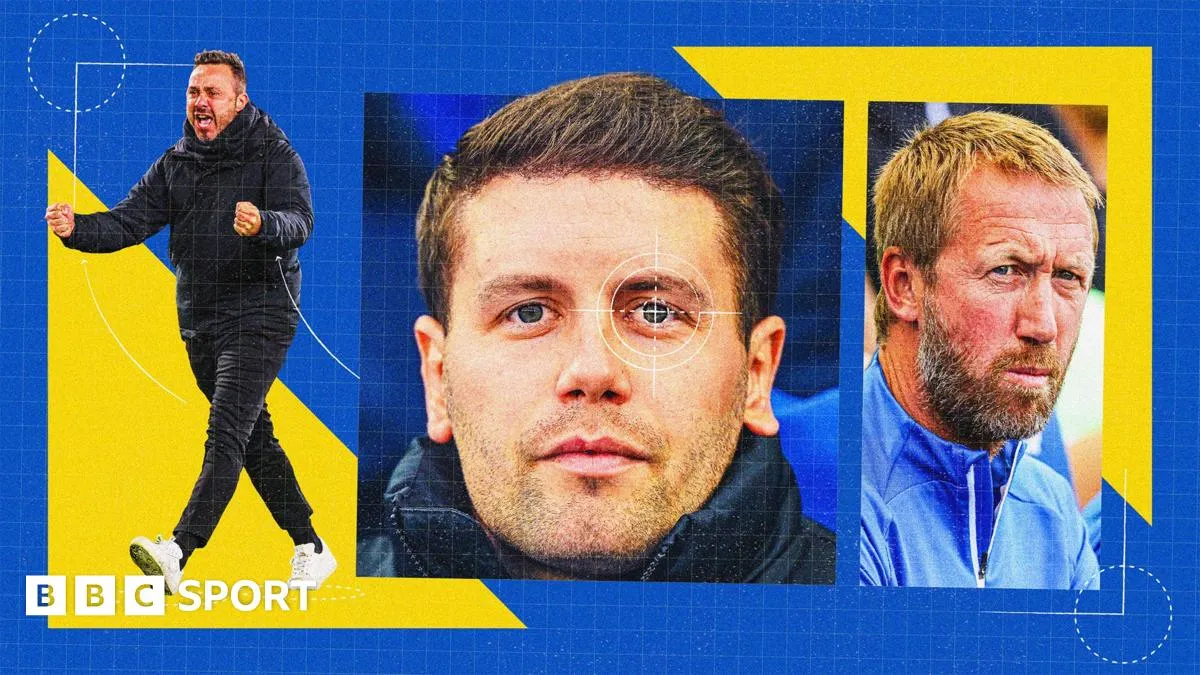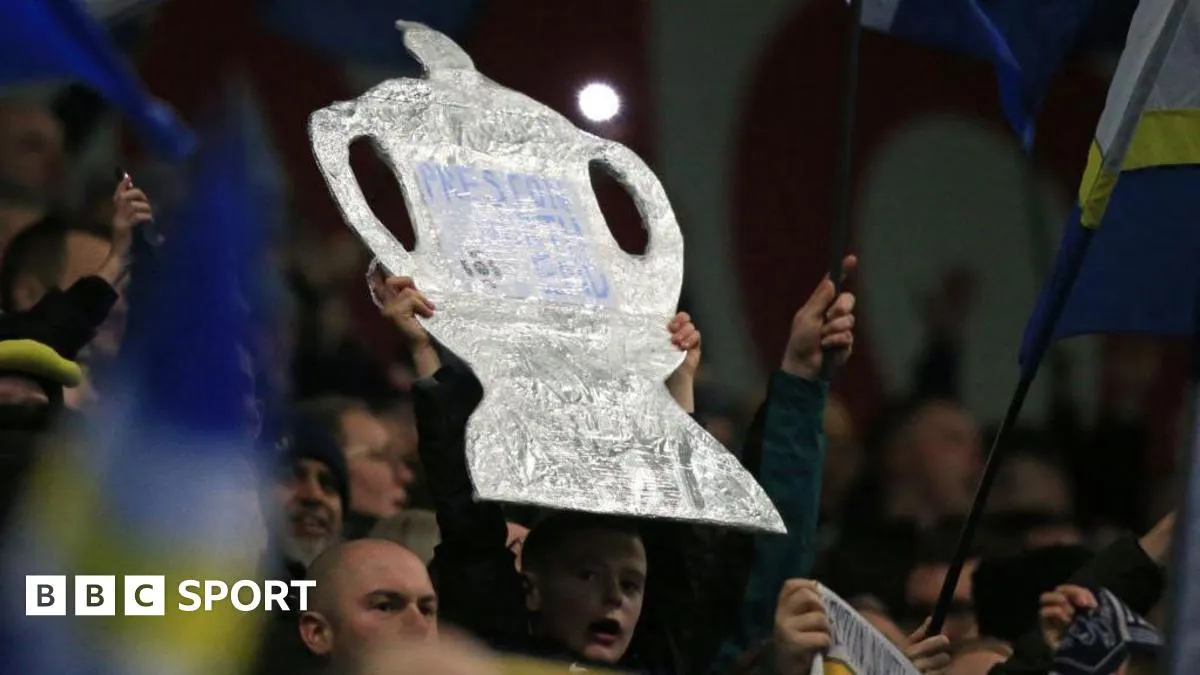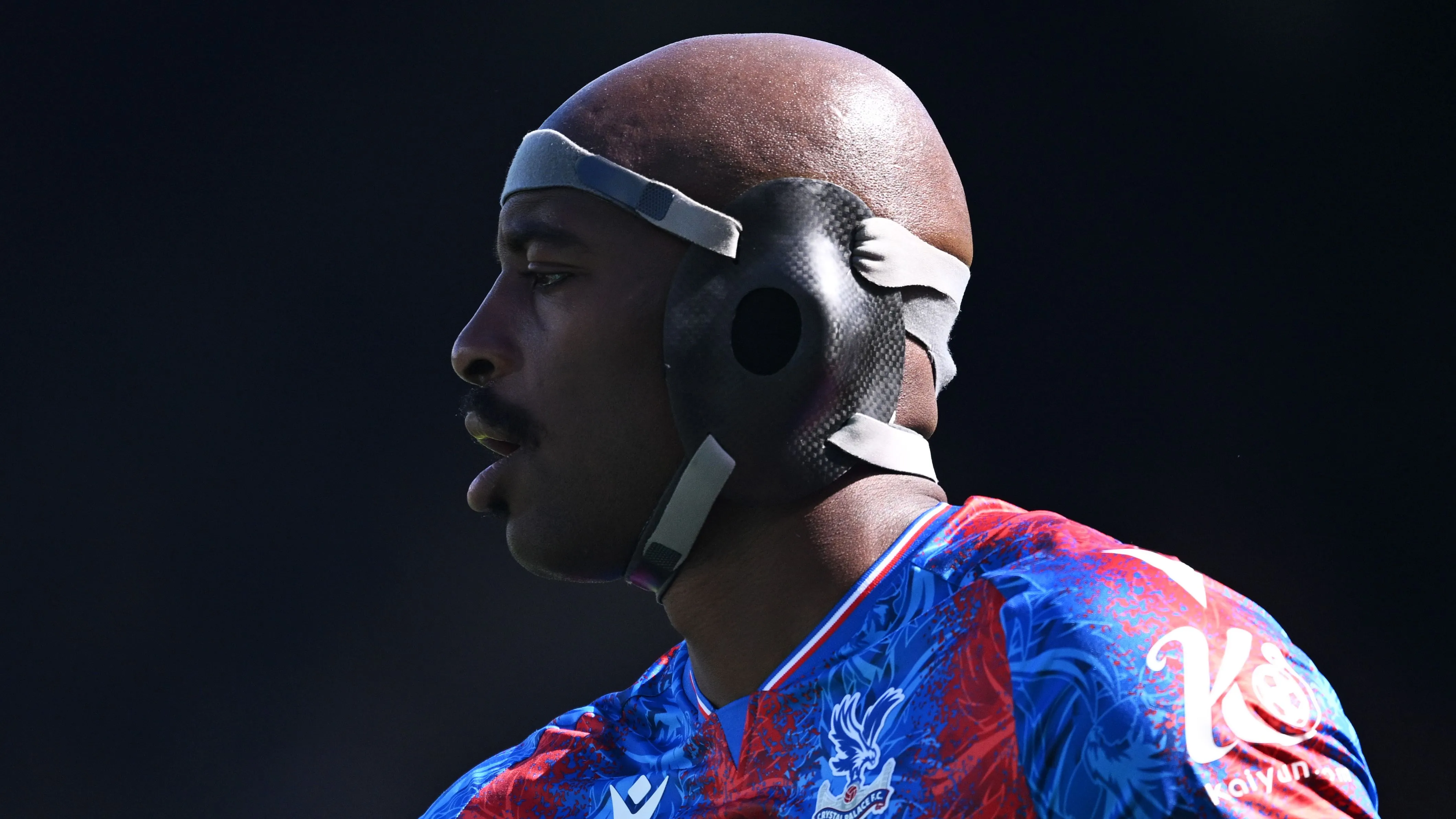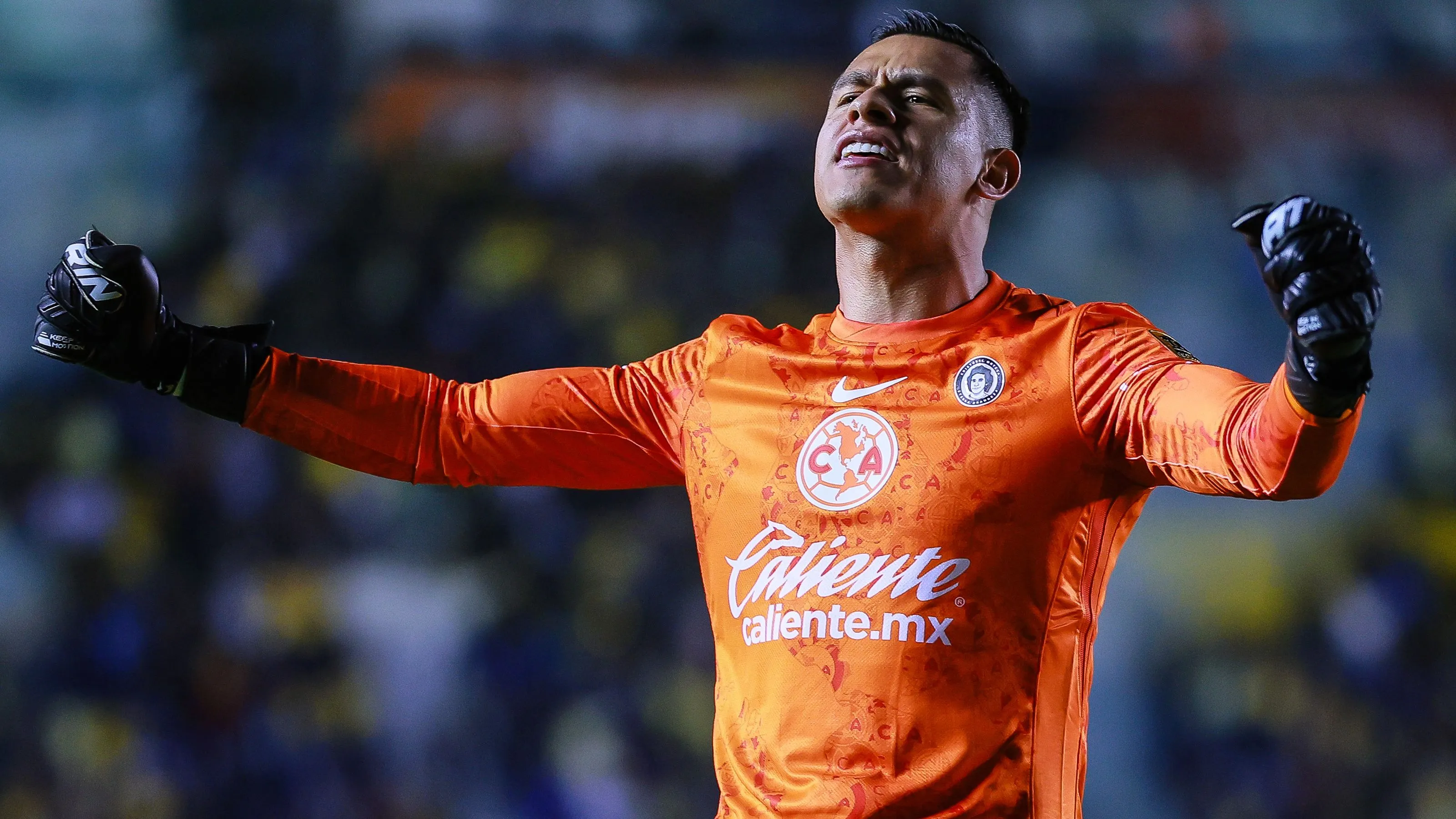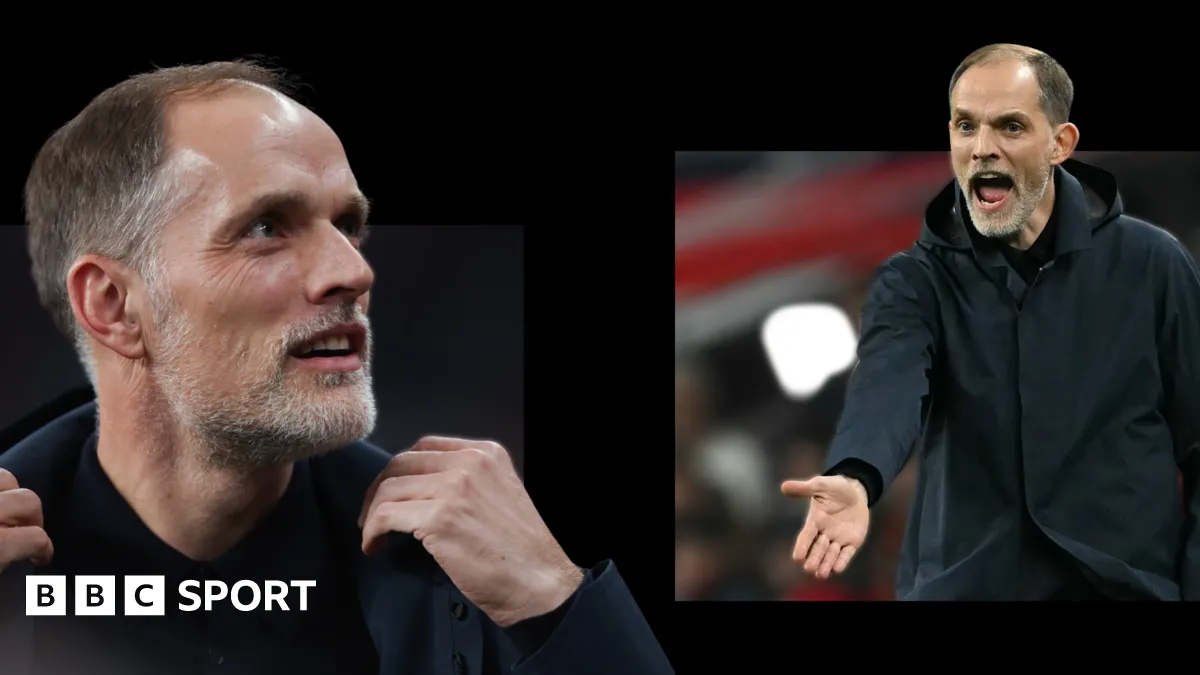
Thomas Tuchel's England Era Begins with Workmanlike Win Over Albania
England's new head coach Thomas Tuchel began his tenure with a routine 2-0 victory over Albania at Wembley Stadium, though the performance left much to be desired in terms of the intensity and excitement he had promised to bring.
Despite the Football Association's elaborate welcome—complete with fireworks, pyrotechnics, a commissioned drum-and-bass track titled "Thomas Tuchel's Army," and a giant banner proclaiming "The Home of Football"—Tuchel's actual entrance was surprisingly low-key, matching the overall tone of the evening.
The German coach, who had previously criticized England's Euro 2024 campaign for lacking "intensity, clarity, identity, repetition of patterns, expression of players and hunger," found little in this performance to distinguish his team from Gareth Southgate's predecessor. Albania's defensive approach, rarely venturing beyond their own half, contributed to a match lacking fluency and rhythm.
Tuchel opted for a 4-2-3-1 formation with Phil Foden on the right and Marcus Rashford on the left, though he later admitted "we hope for more impact in these positions" and that the players "were not as decisive as they can be."
The bright spot of the evening came from 18-year-old Arsenal left-back Myles Lewis-Skelly, who became the youngest player to score on his senior England debut at 18 years and 176 days. Another debutant, 32-year-old Dan Burn, nearly scored with a header that struck the crossbar but looked vulnerable when defending against Albania's Armando Broja late in the match.
By Tuchel's own metrics of wanting more intensity, more touches in the opponents' box, and more ball recoveries in the opponents' half, England showed modest statistics: 34 touches in Albania's box (compared to 44 under interim manager Lee Carsley against Ireland) and four ball recoveries in the final third (compared to six previously), while maintaining 74.2% possession.
Tuchel's touchline behavior provided some insight into his priorities. He broke into animated applause when England pressured Albania into errors and when they regained possession quickly—signs of the intensity he clearly values. Otherwise, he remained relatively calm, occasionally conferring with his staff and delivering instructions to goalkeeper Jordan Pickford after Lewis-Skelly's goal.
The new manager's pragmatic approach was evident in his selection of the 6'7" Burn for his physical presence rather than the more technically gifted Marc Guehi, who had impressed at Euro 2024. When England won three successive corners in the first half, Burn was clearly the target for Declan Rice's deliveries in a set-piece routine known as "the bus stop" or "the love train."
Tuchel has emphasized the importance of player "interactions" on the field—moments where players encourage each other and show togetherness. He had previously highlighted to the squad that there were 60 such interactions in the first half of the Euro final against Spain, but only 35 after halftime when England conceded the decisive goals. However, this match offered few opportunities for such displays, though goalkeeper Pickford did celebrate enthusiastically when defender Ezri Konsa made a crucial tackle to deny Albania's Jasir Asani.
In his post-match assessment, Tuchel was characteristically direct, stating: "We can do better, we have to do better." This plain-speaking style already marks a contrast with Southgate's more measured approach.
As the final whistle blew and England secured their first three points under Tuchel, the coach made a swift exit down the Wembley tunnel, leaving his players to complete a lap of appreciation before a rapidly emptying stadium. While this wasn't the thrilling start to a new era that many might have hoped for, Tuchel's mandate is clear and simple: win—which is exactly what England did.

